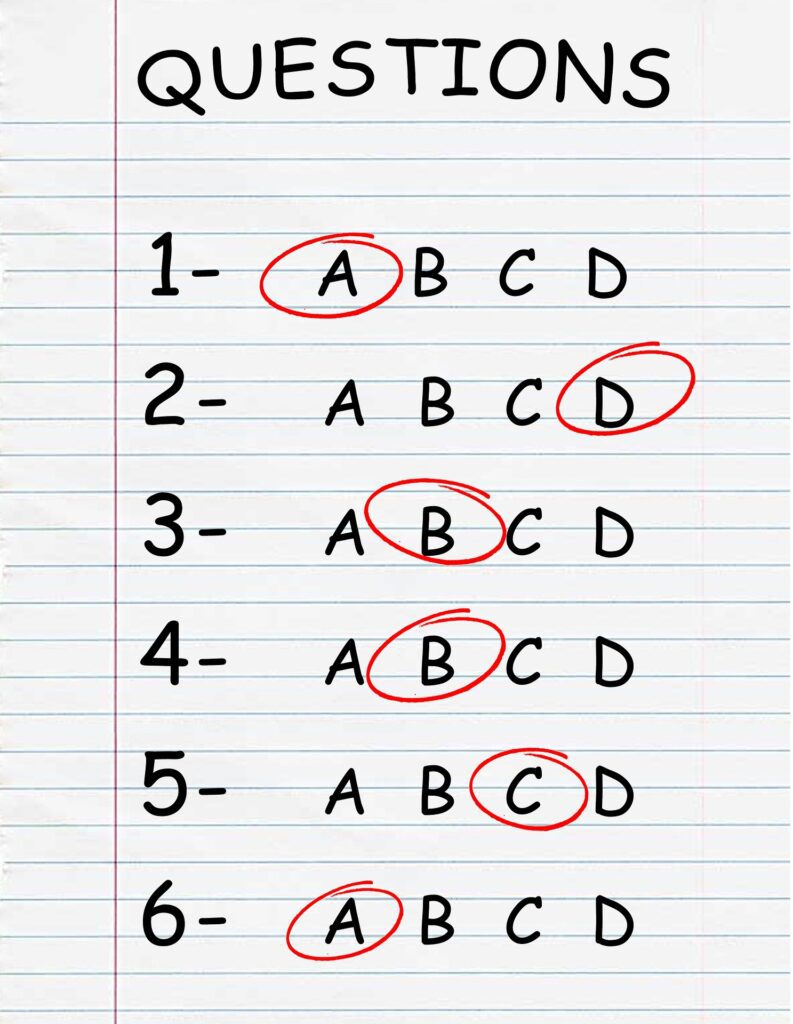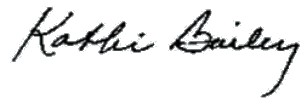Have you ever been paid for writing something?
In composing this month’s Chair’s Report, I am thinking about the people around the world who have benefited from TIRF’s grants and awards. Those thoughts reminded me of the first time I ever received a check for something I had written. Here is a silly multiple-choice item that’s intended to engage your interest in this issue. Please read it and try to determine the correct answer.
The first time I received payment for something I’d written was for
A. a lengthy proposal for a classroom action research project.
B. a glowing endorsement for a new ESL/EFL textbook series.
C. the draft of a salacious, semi-autobiographical romance novel.
D. a definition for Playboy magazine’s “Unabashed Dictionary.”

I’ll provide you with the correct answer shortly, but for the moment, let me return to the present. As you can see from two of the feature articles in this issue of TIRF Today, we have just closed the application period for the 2022 Doctoral Dissertation Grants (DDG) competition, and the nomination period for the 2023 Alatis Prize is now open.
One thing that these two TIRF competitions have in common is that they each involve someone writing something important that could result in the author receiving a monetary award. The recipient of the annual Alatis Prize receives $500 in recognition of having written an outstanding article or chapter published in English and dealing with some aspect of language policy. Successful DDG applicants may be awarded up to $5,000 to support them in completing their doctoral research.
Receiving either of these awards provides both a financial benefit and professional recognition of the value of the author’s ideas. As an example, let me share a comment from Dr. Jaehan Park when he received word that he had been selected as a DDG winner. He spoke about the struggle to complete his doctoral research, noting both financial challenges and “the lack of recognition for the value of the work.” In a TIRF interview, Jaehan shared that he had been so discouraged, he’d thought about finding a career other than doing research in our field. But then, a few months after submitting his proposal, he received an email from TIRF that his project had been chosen for funding. Remembering reading that message, he said “I was literally in tears. I still vividly remember the moment when I said to my wife, ‘This award has saved my life!’”
Regular readers of TIRF Today know that the Chair’s Report often includes a plea for your financial support. Every year as we finalize the reviewers’ ratings of the DDG proposals, we wish we had more funding: There are always some viable proposals we wish we could support, but we do not have the budget to do so. Just imagine the kind of joy and relief Jaehan experienced and think about how your gift could help to trigger that same kind of response this year.
Sometimes when I worry about money, I think about my finances (or lack thereof) in the past. When I was an undergraduate student working on my BA in English literature and my secondary school teaching credential, money was very scare. Throughout that period, I held various part-time jobs to try to earn some cash.
The most boring job was entering data from paper-and-pencil questionnaire responses onto computer punched-cards. (Those of you who weren’t thinking about data in the late 1960’s and early 1970’s can ask your grandparents what a punched-card was, or you can click here for evidence that such things actually existed.)
The most tiresome job was waxing the floors of a neighborhood supermarket in the middle of the night. The most unusual job was vaccinating steers at an Arizona cattle ranch by inserting a pellet into the soft fur of their ears with a tool that resembled a large, blunt hypodermic needle.

The most creative and fun job was singing folk music in bars and coffee houses. For a couple of years, I sang as part of a foursome that played twice a week at Borsodi’s Coffeehouse in Isla Vista, the college town adjacent to the University of California at Santa Barbara (UCSB). The cover charge was 25 cents per person. I remember very clearly that one night, after performing for three hours, my cut of the proceeds was a whopping $3.25.
The most valuable work experience for me, in terms of my education, was serving as the graduate assistant for the professor of the Chaucer course in the English Department at UCSB. Part of that job involved scoring the students’ essay responses for their mid-term and final examinations. You can really learn a LOT about answering essay questions effectively by reading and evaluating fifty responses to the same prompt!
Needless to say, there was not much money to be spent on entertainment in those years, so my friends and I mostly did free activities. Having sing-alongs or playing the card game called “Hearts” were two regular evening events, but the source of my first payment for something I’d written came from a charades game. For those of you who are not familiar with this game, team members compete to convey meaning to their teammates without speaking or writing. Opposing teams generate topics in categories such as the titles of songs, books, or movies, which the person on the spot draws at random and then must act out nonverbally and under time pressure. One night my friends and I got into a silly competition based on definitions using puns and word-plays. At the time, the book The Population Bomb (Erlich, 1968) was being widely discussed. That title triggered a silly pun for me, so I defined the term contraceptive foam as “the population balm.”
You are probably wondering how this stroll down Memory Lane has anything to do with TIRF, but stay with me. I’m almost to the point.
The opposing team struggled to interpret their team member’s wild gesticulations as she tried to act out the entire definition. As I recall, they never did figure it out, so my team won that round. Someone then suggested I should submit the definition to the Party Jokes section of Playboy magazine. As they say, nothing ventured, nothing gained (a phrase attributed to Chaucer around 1476) in The Canterbury Tales), so I sent my definition to the magazine, and yes, the correct answer to the test item above is D: I received a check for $50 for having my silly definition published in Playboy.
Fifty dollars! That amount was a fortune to me at that time. I hurried to make a photocopy of the check before I cashed it, but I was so excited by this windfall that I actually walked away and left the check in the photocopy machine! Fortunately, a professor used the copy machine right after I did and returned the check to me. She was very amused at the source of my good fortune!

What is the point of this story?
Whether the amount is $50 or $500 or even $5,000, being paid for what we have written is a kind of validation of our ideas. Returning to my familiar leitmotif, your gift to TIRF could make a huge difference in someone’s life. Won’t you please help us support more grantees this year than we have been able to fund in the past? You can make a donation today online at the following link: https://donate.keela.co/tirf/tirf-donate-page.
To wrap up this Chair’s Report, in case you are wondering, yes – I sometimes speculate about what my life and TIRF’s budget would be like if the correct answer to the multiple-choice item above had really been C. What if I had actually written an erotic romance novel that received international acclaim (or at least garnered a steady group of fans) and started me on a career as a fiction writer? There could have been an entire book series in which our heroine (an aging but still attractive and witty applied linguist) travels the world in search of love (and of course characters for the multiple sequels to that first novel). There might have been movie contracts too! (Who would play the role of the leading lady – Merrill Streep? Michelle Pfeiffer? Jane Fonda?) The book royalties and proceeds from films (not to mention product endorsements) could have supported so many more TIRF grantees!
Let me conclude by saying that the TIRF Trustees and all the doctoral candidates who have applied for TIRF grants this year would really appreciate your help. As I reread this Chair’s Report, I see that once again my imagination may have outstripped my abilities – both as a writer and as a fundraiser. You’re invited (in fact, encouraged!) to click here and prove me wrong.
Best wishes,


